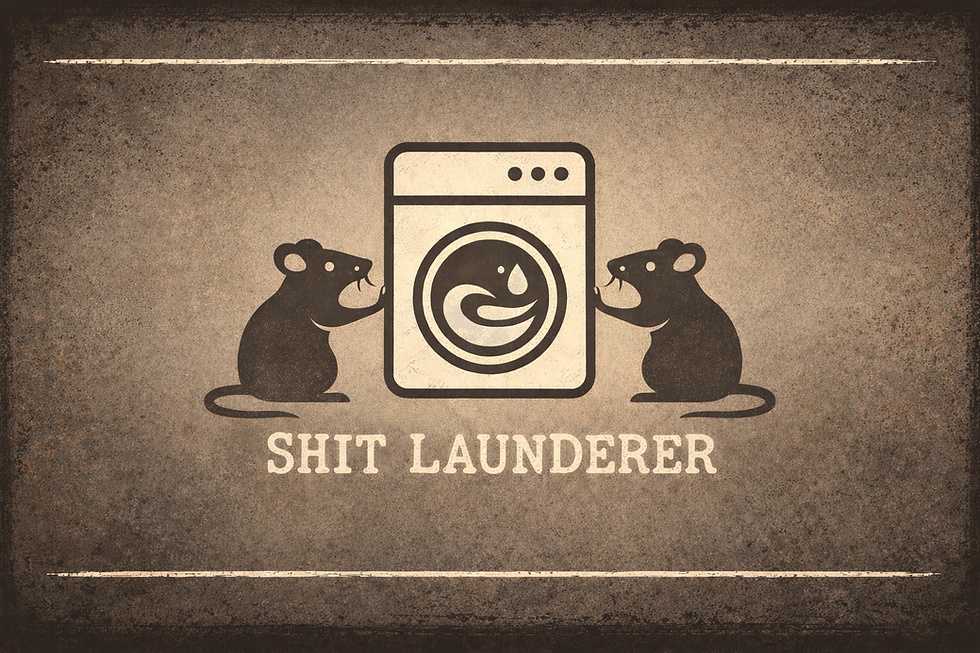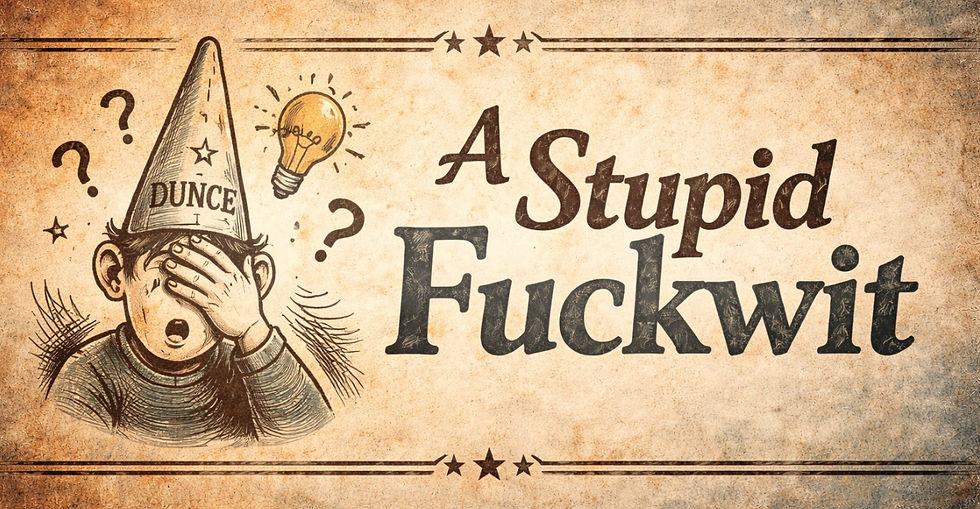Poland’s NATO Problem: The Security Theater Paradox at Work
- john raymond
- Sep 12, 2025
- 3 min read

Poland today stands at the epicenter of a corrosive paradox in European security: while attempting to defend itself and demonstrate resolve against Russian aggression, it is simultaneously becoming a victim of Moscow’s information warfare. The revelation that over 30 percent of Poles now blame Ukraine for Russian probes on Polish territory is not a peripheral statistic—it is the canary in the coal mine. It proves that Russian propaganda is not only penetrating but altering the mental landscape of NATO’s eastern flank.
Evidence: The Paradox in Action
The paradox, articulated by analysts such as Vlad Vexler, is that defensive investments—purchases of arms, increased defense budgets, security theater itself—become fodder for Russian propaganda. Moscow’s line is simple: “Look how your government wastes treasure, indebts you, and provokes danger.”
If this line convinces enough citizens, the democratic mandate behind defense spending erodes, opening the door for isolationist candidates or Kremlin-backed figures to win elections.
Numbers matter. If only 15–20 percent of Poles were internalizing the Kremlin narrative, it would suggest resilience and limited propaganda penetration. But 30+ percent means the narrative is not marginal—it is mainstreaming.
This is a critical danger point because Poland is not a minor NATO member but the keystone of the eastern flank, hosting logistics corridors, refugee pipelines, and forward defense systems.
Trump’s Role in Amplifying the Dilemma
President Trump’s posture toward Poland worsens the problem. At first glance, encouraging Warsaw to spend more on defense looks like alliance support. In reality, it is asymmetric sabotage. Trump knows that a Poland that arms itself but keeps those arms at home creates a domino of hoarding across Europe...
Every nation becomes fixated on national stockpiles rather than collective support for Ukraine. This fractures NATO unity and ensures Ukraine—Russia’s immediate enemy—remains under-armed.
Worse still, Trump’s courting of a Russian-backed Polish presidency folds Poland into the Kremlin’s broader strategy: exploit defense costs, generate political backlash, and turn Europe inward.
It is the very structure of the prisoner’s dilemma: each state thinks it must hoard to survive, while Russia benefits from disunity.
Strategic Consequences for Poland and Europe
Donald Tusk and pro-European leadership face a stark reality. They cannot afford missteps on Article 4 and 5 interpretations. Russian probes on Polish territory are not isolated pinpricks but tests of alliance cohesion.
If Poland wavers, if it signals confusion or hesitancy, it invites escalation. The Kremlin is ruthless. The same operations that harry Ukraine will not stop at Ukraine’s border—they will continue westward until NATO either fractures or proves unshakably united.
The danger is existential: if Polish leadership succumbs to the temptation of narrow national survival, then the state may indeed survive temporarily, but only as a vassal under Russian threat. True survival depends on embedding Poland’s fate within a united European project. Anything less is literal suicidal for Poland—and for Polish leaders.
Implications and Warning
This is the unavoidable truth: unless Polish leadership convinces its people that unity with Europe is survival itself, then Russia will succeed.
The polls already show the vulnerability. Russian propaganda is working, and at 30 percent penetration, it is already shaping political futures.
The warning to Tusk and to Poland’s democratic stewards is therefore unambiguous: if you fail to persuade, if you allow national fear to override collective resolve, you will not only lose your mandate—you will also lose your lives.
Putin will not stop at Ukraine. He will not stop at Lviv. He will not stop at the Bug River. He will not stop anywhere, unless stopped.
Europe’s paradox is real, and Poland sits in its crucible. Either Poland transforms itself into a champion of unity, or it becomes the weak link through which Russia breaks NATO.






Comments